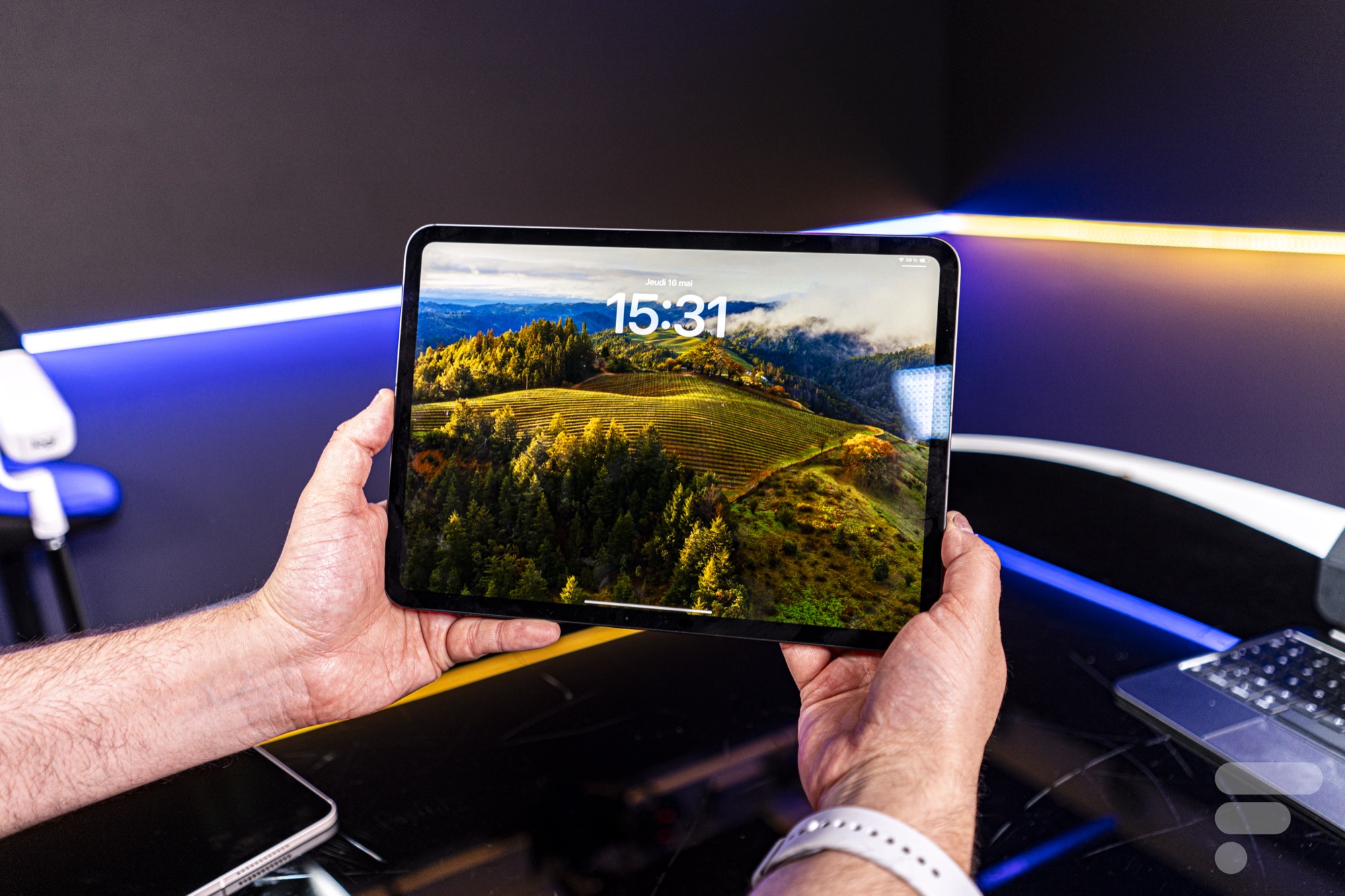Metro-work-sleep: the routine is well established, and is done two, three days (or more) per week. Meanwhile, automobile congestion in Greater Montreal has picked up again since the start of the school year. How can we transform this obligatory – and often frustrating – moment of travel into a pleasant moment? Thoughts on Commuting.
Published at 2:03 a.m. Updated at 7:00 a.m.
A beneficial moment of transition
Organizational psychologist Guylaine Deschênes invites us to see our trip to work as a “buffer moment”. “Rather than arriving with the stress of home at work or the stress of work at home, this moment allows us to be more willing. »
Olivier Roy-Baillargeon, a commuter runner since 2016, experiences it every day when he takes his daughter to school – running – before getting busy with his professional tasks at home. “It allows me to be in the best mental condition to be in the right mode with the right people at the right time,” notes the man who travels 8 km every day of the week.
This break, “it becomes a moment that we don’t necessarily allow ourselves in other times of the day,” believes Guylaine Deschênes. For meteorologist Ève Christian, her Boucherville-Montreal commute allows her to take a break from her busy schedule, especially in the summer when she takes the river shuttle. “I feel like I’m on vacation before going to work, it colors my day,” she explains.
Many people do not want to work too close to home to have this moment of transition, notes the psychologist. But there is a certain limit to the transportation time. “The longer you travel, the less quality time you have at home and at work,” she says.
Choosing your hobby
Why do people consider commuting one of the worst parts of their day? Because they don’t have much control, explains Marie-Colombe Afota, professor at the School of Industrial Relations at the University of Montreal. If we travel by car – which represents the majority of commuting in Quebec – we have no influence on traffic, for example.
How can we regain some control over this moment? Even if many people cannot change their mode of transportation, it is possible to decide on their activity “which will be only for themselves and which will be outside of all the requirements associated with professional and personal roles,” indicates the professor.
Guylaine Deschênes also suggests that people consider this period as time for themselves. There are many choices: listen to a podcast, music, read a book, knit, take an audio course, look at the landscape and even do relaxation exercises.
It’s better to plan a hobby than to kill time on social networks, adds Marie-Colombe Afota. But you can always take out your cell phone if it allows you to do it less in the evening, or during the day, believes Guylaine Deschênes.
Can work-related tasks be moved forward? With parsimony, the two experts concede. “Professional calls, I would say in an emergency only, because that’s not really the best time. You can look at your emails a little and read documents, but I wouldn’t make a habit of it,” says Guylaine Deschênes, who points out that there are also confidentiality issues. “We don’t have to maximize everything and be super productive,” says Marie-Colombe Afota. You can, on the other hand, plan your day ahead lightly, she says.
Add social
We can make personal calls, indicates psychologist Guylaine Deschênes – while avoiding disturbance on public transport. We can also turn to carpooling between neighbors or colleagues. “The ideal is for the employer to facilitate carpooling. It allows you to get to know colleagues from other departments and strengthen the feeling of belonging. »
Do we often see the same person at the bus stop? We can start a conversation, suggests Marie-Colombe Afota. According to research, talking to a person – even a stranger – while commuting increases our level of satisfaction.
Explore new journeys
Some commuters could benefit by making their mode of transportation more active, for example. “Studies show that for the same duration, active transportation will be more satisfactory,” explains Marie-Colombe Afota. If we think about cycling and walking, there is the idea of being outside and doing physical activity. » For the professor, these are also modes of transport where we have more control – no traffic or disturbing seat neighbors, therefore more pleasure.
You can also opt for an unusual mode, like running-commuting. Olivier Roy-Baillargeon, a fan who is also a running coach, strongly encourages people to try it: for physical and mental health, but also for the well-being of the planet. He recommends taking it gradually: running to reach a metro, bus or bike-sharing station, and lengthening your journey little by little. Obviously, this way of doing things requires having access to showers in the workplace and organizing yourself to transport your clothes (and your lunches).
The river shuttle in Greater Montreal is also an unusual option. Meteorologist Ève Christian has been using it for three summers to get to her office. Even if the journey is longer than by car, she sees more benefits. “I’m going to sit outside, standing on the front of the boat, and I have half an hour to look at the landscape that I know more and more, I breathe,” she says. There is no longer the stress of traffic or parking… only the wind in your hair.
Learn more
-
26.4 minutes Average commuting time in Canada
Source: Statistics Canada, May 2024
-
2 hours or more Commuting time where satisfaction is least
Source: Statistics Canada, 2011
-
17 minutes Ideal commuting time (based on a study of travelers in the San Francisco area)


